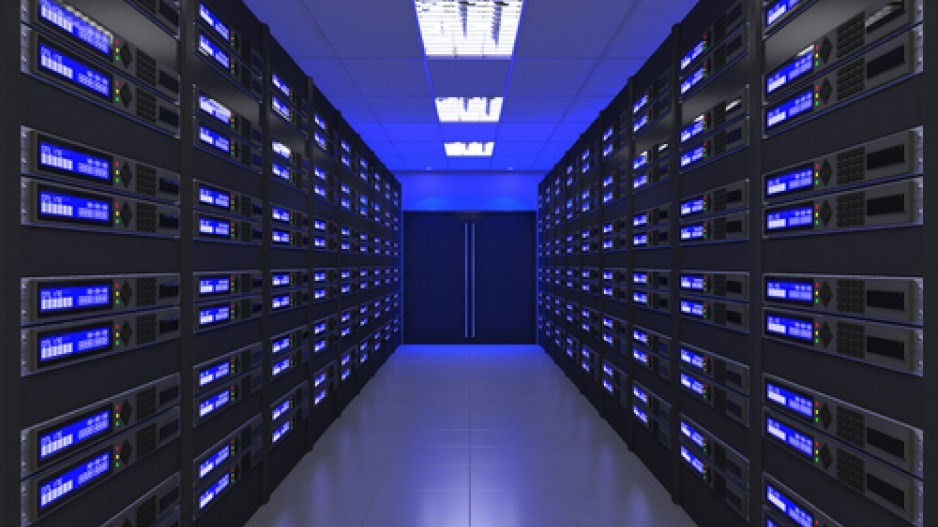Mike Goodfellow likes to think cloud computer is a lot like pizza.
Speaking about tech trends at the Deloitte 360 conference in Vancouver Tuesday (January 27), the advisory partner at Deloitte Canada told attendees one big misconception about the cloud is that a company’s information is out there for anyone to pick at like an open box of pizza.
Instead of maintaining a computer system on-site, the cloud allows for third parties to host computer services externally and companies can in turn access the system securely over the Internet.
“Think of it as buying a slice of pizza,” Goodfellow said during a panel focused on the future of the cloud.
“We have to protect ourselves, but that doesn’t necessarily mean we exclude options.”
He added there’s little data to back up the idea a computer system is more secure on a company’s premises than it is in the cloud. In fact, Goodfellow said, it could be even riskier if someone is not relying on a world-class cloud provider to deliver computing services.
But he said changing attitudes in business are changing rapidly as more traditional businesses seek out any competitive edge they can find.
“In 2015, in 2016, we’re really going to see a massive swing in terms of adoption of cloud technology,” Goodfellow said.
Kari Lockhart, Deloitte Canada’s technology industry leader for B.C., told the same panel that concerns over security are becoming less of a factor when businesses decide to transition to the cloud.
“It’s not necessarily the information out in the cloud, it actually is (employees) sitting in these chairs (in an office) that is more of a security risk,” she said.
“Your users are actually causing some of these issues. So that’s not going to change whether or not you have (a computing system) on-premise or in the cloud.”
But concerns over cyber security remained at the forefront during the conference.
Teijinder Basi, who leads enterprise risk at Deloitte’s Vancouver office, said the same security challenges faced by major corporations such as Target (NYSE:TGT), Home Depot (NYSE:HD) and Sony (NYSE:SNE) are now more likely than ever to hit small-to-medium enterprises (SME).
Citing a 2013 report from Symantec, Basi said there had been a 42% increase in targeted attacks against SMEs between 2011 and 2012.
“2014 was a landmark year of cyber security,” Basi said during a session focused on cyber attacks.
He added the previous notion that a hacker was a guy living in his basement was antiquated.
“We’re now actually into a new era of professionals that are very well organized. They have capabilities to identify vulnerabilities as soon as they’re released,” he said, adding companies should be aware competitors and disgruntled employees are often the most motivated cyber attackers.
Basi said it can be difficult for companies to identify where they should focus security priorities since “there’s so much noise” clouding this subject at the same time costs escalate.
He said most companies should focus on key fundamentals such as having a basic firewall in place, security in software applications and a game plan devised in the event of a cyber attack.
“Really, this is not just an IT issue. This really is a business issue that must be dealt with in the same way as any other sort of crisis.”




